Wendy’s inks deal on 200 stores as McDonald’s eyes $1bn expansion
Australia looks set to have far more options when it comes to fast food when a popular American chain opens.
Food
Don't miss out on the headlines from Food. Followed categories will be added to My News.
A cult-favourite American fast-food chain known for its odd square patties and dairy deserts is poised to shake-up the Australian burger scene.
Wendy’s revealed plans to open 200 stores nationwide by 2034 as competition for the fast-food market heats up despite cost challenges.
The burger chain is the third largest globally behind McDonald’s and Burger King, with about 7000 stores open across the US.
The foray into the Australian market will team Wendy’s up with US-based Flynn Restaurant Group, the new owner of Pizza Hut.
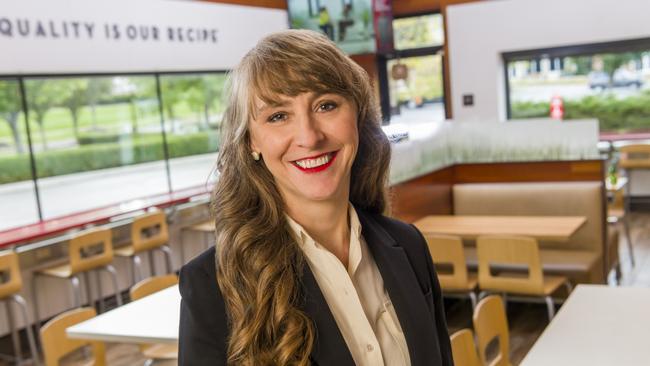
Wendy’s International president Abigail Pringle said the franchise had been spurred on by feedback from a pop-up store in Sydney in 2021.
She described Australia is a “strategic market for long-term growth” for Wendy’s and said she was confident Flynn was the “right partner”.
The US-based fast-food consortium made headlines earlier this year after it bought up more than 250 Pizza Hut stores across Australia.
Flynn already operates thousands of stores, including Applebees, Arby’s, Taco Bell and Panera Bakery Cafe, as well as 190 US Wendy’s stores.
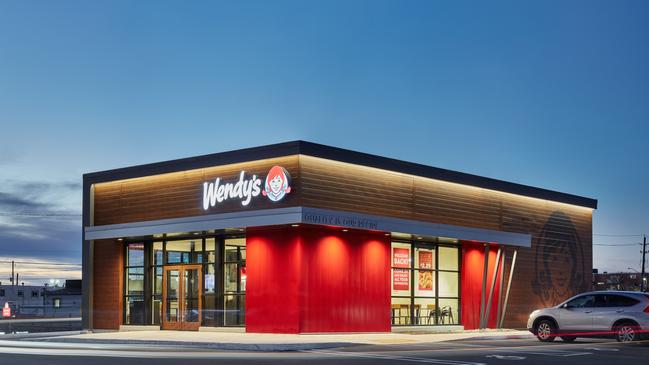
Wendy’s is well-known in the US, having opened its doors for the first time in 1969, but has struggled in the past to find a place in Australia.
The first store opened its doors Down Under in Melbourne in 1982 but collapsed just three years later with 11 stores and $3m in debt.
Since then, a number of prominent American fast-food stores have entered Australia and challenged the dominant mainstays like McDonald’s.
Burger chain Five Guys, which has an almost cult following, has multiple stores in Australia, including in Penrith and Southbank in Victoria.
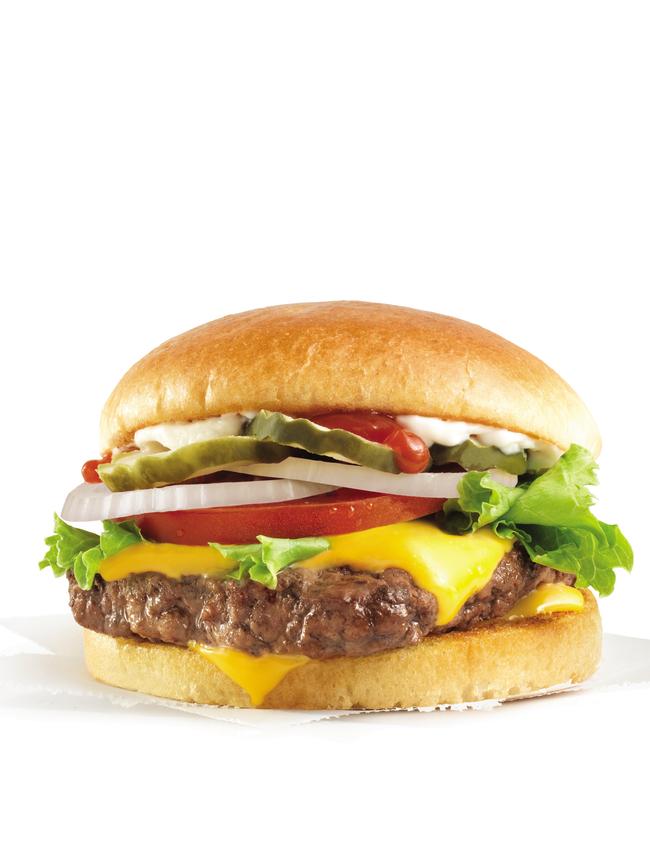
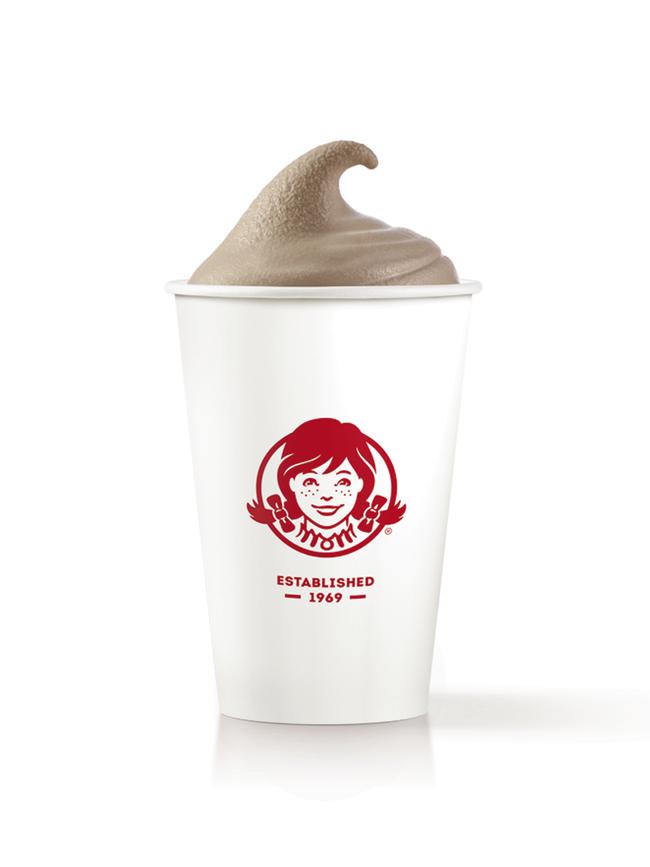
First opened in Virginia in 1982, Five Guys is known for its simple burgers, milkshakes, and fries served with a southern-style cajun seasoning.
More recently, California-brand In-and-Out Burgers opened pop-up stores in Sydney in late-2022 and again in Melbourne in March.
The pop-up stores drew queues measuring in the hundreds, with many flocking for a chance to snatch up one of the cult favourite’s burgers.
While the stores pose a challenge to long-time outlets McDonald’s and Hungry Jack’s, they haven’t as yet made a dent in their sales.

McDonald’s Australia announced last month that it intended to open 100 new stores across the country in a massive $1bn expansion plan.
The company’s ambitious chief executive, 38-year-old Antoni Martinez, told The Australian that there had been a fresh wave of popularity in McDonald’s.
He said reward programs and online delivery systems like UberEats had helped to drive renewed interest in the seller of the classic Big Mac.

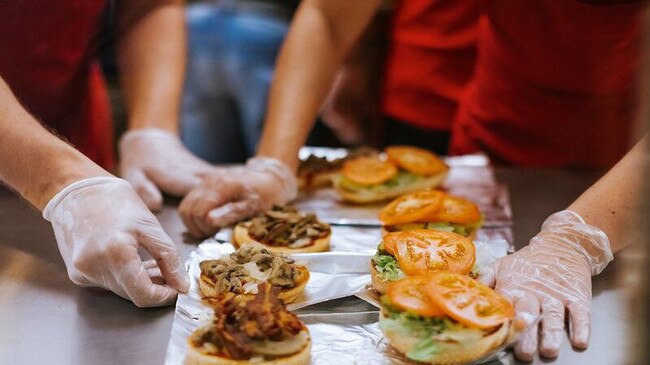
McDonald’s has already announced plans to open as many as 30 new stores across Australia in 2023 while also upgrading current stores.
In total, Mr Martinez said the fast-food giant planned to have more than 1100 stores open across the country by 2025.
For his part, Hungry Jack’s founder Jack Cowin was quoted by the AFR as questioning Wendy’s ambitions in Australia given its past failure.
It is also unclear how the deal will impact the 120 Wendy’s Milk Bar stores already open across Australia and New Zealand.
A Wendy‘s Milk Bar franchisee told The Guardian “there can’t be two Wendy’s” when the burger giant announced its plans earlier this year”.


The announcement comes off the back of persistently high spending in Australia on fast-food and takeout despite cost of living pressures.
The Australian Bureau of Statistics revealed on August 3 that spending at cafes and restaurants and on takeaway had fallen for the first time in years.
Spending on food other than groceries had grown since the first Covid lockdowns in September 2021 but fell by just 0.1 per cent in August.
But with falls elsewhere in the retail sector, the ABS warned that the signs were clear that cost of living was beginning to put the pinch on families.
“It’s the first time since 2008 that retail sales volumes have recorded three consecutive quarterly falls,” ABS head of retail statistics Ben Dorber said.
”Retail sales volumes are down 1.4 per cent compared to the June quarter last year.
“Outside of the pandemic period, this is the first time since 1991 that sales volumes have fallen compared to the previous year.”
Originally published as Wendy’s inks deal on 200 stores as McDonald’s eyes $1bn expansion


